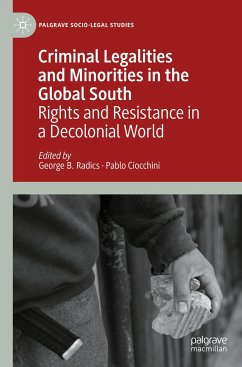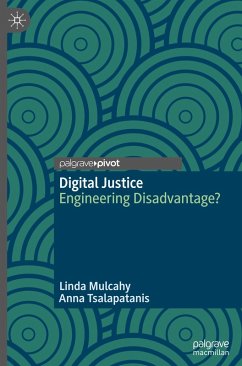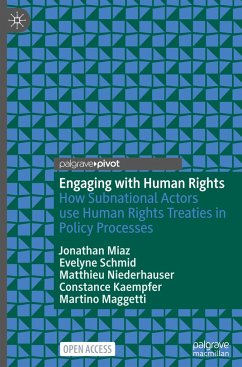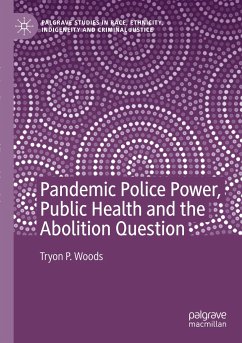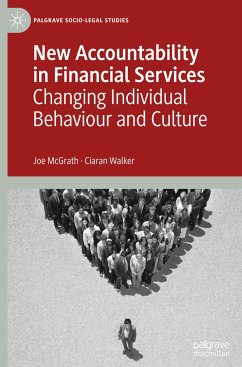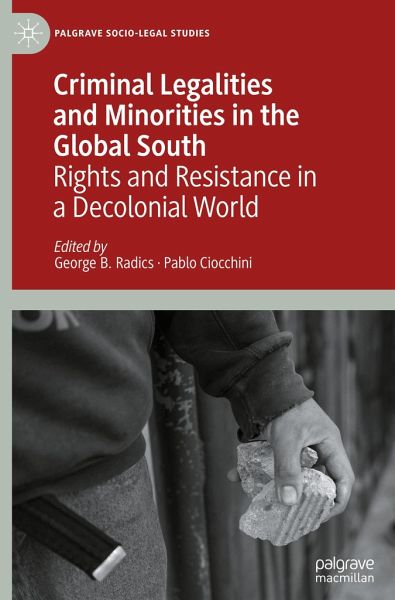
Criminal Legalities and Minorities in the Global South
Rights and Resistance in a Decolonial World
Herausgegeben: Radics, George B.; Ciocchini, Pablo

PAYBACK Punkte
49 °P sammeln!
This book explores how the law and the institutions of the criminal justice system expose minorities to different types of violence, either directly, through discrimination and harassment, or indirectly, by creating the conditions that make them vulnerable to violence from other groups of society. It draws on empirical insights across a broad array of communities and locales including Afghanistan, Colombia, Pakistan, India, Malawi, Turkey, Brazil, Singapore, Puerto Rico, and the Philippines. It examines the challenges of protecting those at the margins of power, especially those whom the law i...
This book explores how the law and the institutions of the criminal justice system expose minorities to different types of violence, either directly, through discrimination and harassment, or indirectly, by creating the conditions that make them vulnerable to violence from other groups of society. It draws on empirical insights across a broad array of communities and locales including Afghanistan, Colombia, Pakistan, India, Malawi, Turkey, Brazil, Singapore, Puerto Rico, and the Philippines. It examines the challenges of protecting those at the margins of power, especially those whom the law is often used to oppress. The chapters explore intersecting, marginal identities influenced by four factors: rebuilding after violent regimes, economic interest behind the violence, entrenched cultural biases, and criminalisation of diversity. It provides scholars from the Global North with important lessons when attempting to impose their own solutions onto nations with a different history andcontext, or when applying their own laws to migrants from the Global South nations explored in this book. It speaks to legal and social science scholars in the fields of law, sociology, criminology, and social work.





